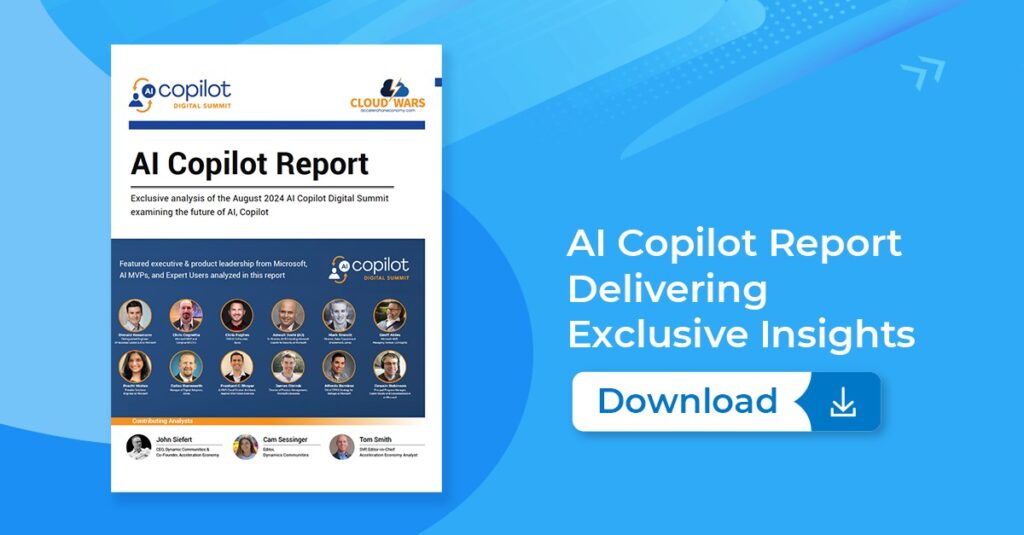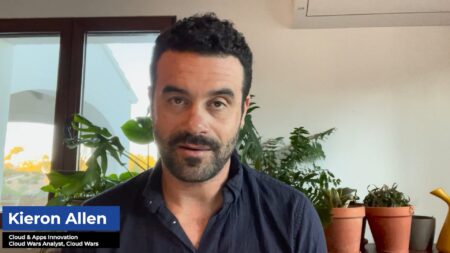
Microsoft executive James Oleinik recently explained how Microsoft Dataverse and Microsoft Copilot Studio are enabling customers to reach new levels of efficiency. The insights from Oleinik, who is Director of Product Management, Microsoft Dataverse, came in a discussion with John Siefert at the recent AI Copilot Digital Summit.
Efficiency Through Accessibility
Oleinik explained how Dataverse enables any user to build data-driven products – in fact, Dataverse was built on a premise of empowering users. “And core to that is that anyone can build the data underneath their business applications,” he said.
Copilot Studio and Dataverse together provide customers with a means to simplify complex data integrations, enable third-party data extensibility, and build security guardrails to assist in implementation and adoption of AI.
“We have 1,200 Copilot connectors,” explains Oleinik. “If you want to connect to ServiceNow and create a ticket or update a ticket, you don’t have to go and hunt for those API definitions. If you have existing access, you can just build against that. All the maker has to do is say, ‘Here’s where my data lives, here’s the action I want to call, or here’s the data I want to upload,’ and then we handle the rest.”
“It should be as easy as Excel to bring data in to be a part of a knowledge base of a Copilot,” says Oleinik. “And that has been what we’ve done with Dataverse,” which will, for example:
- Allow a developer to go to Copilot Studio, upload a file, and then have the file enabled for GenAI indexing and Q&A
- Allow a user to upload an Excel file that becomes part of a structured table that gets tracked and orchestrated by Copilot

AI Agent & Copilot Summit is an AI-first event to define opportunities, impact, and outcomes with Microsoft Copilot and agents. Building on its 2025 success, the 2026 event takes place March 17-19 in San Diego. Get more details.
Simplicity Brings Adoption
“One of the beliefs that I have, which is perhaps born out of the last decade of low-code within Power Platform, is that there’s one out of 10 low-code rebels [in every team] that want to make their own life easier,” says Oleinik. “They want to improve the efficiency of their colleagues and the team around them.”
Oleinik explains that with the right guardrails, these low-code/no-code tools drive organizational change and business innovation. “A lot of the traction that we see with Copilot Studio I see following that same kind of organic growth, where one out of 10 realizes that this can solve my problem, and they start solving those problems.
“Eventually there’s enough usage and enough problems being solved that the organization says, ‘Wow, there’s something here and I want to go adopt [it] for business-critical workloads. I want to go all in on this’.”
That’s how a revolution gets started.










